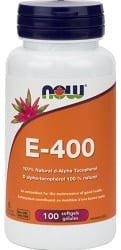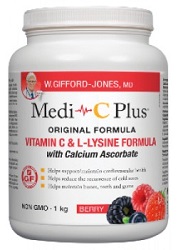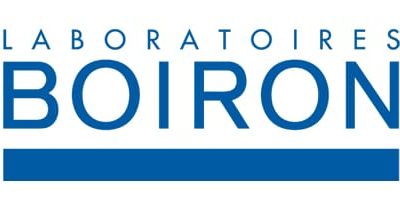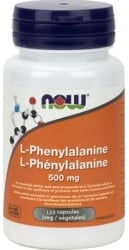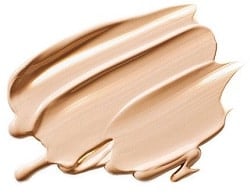There might be more to heart health than balanced cholesterol, but let’s face it-if you’re trying to keep your arteries young, flexible and healthy, it’s critical to maintain a lipid profile within the recommended ranges. Research consistently shows that a proper ratio of HDL "good" cholesterol to LDL "bad" cholesterol is absolutely essential to your heart’s longevity. But unfortunately for more than 37 million people in the U.S., this balancing act has proven to be tough-if not seemingly impossible-to maintain.1
That’s because a stringent diet and regular exercise aren’t always enough to keep your lipid levels in check-and managing cholesterol can become a lifelong battle despite even the healthiest habits. The fact is that sometimes your body needs a little extra help maintaining the right ratio of fats… and luckily, there are a number of safe, natural ways to get it.
There’s the tree resin extract called guggulipid, for one: This natural compound contains an abundance of active constituents called guggulsterones, which may partially inhibit cholesterol formation in your liver and modulate critical bile acid metabolism.2 So it’s no surprise that a clinical study shows that daily supplementation with a standardized dose of guggulsterones taken twice daily can help to support healthy cholesterol levels with regular use.3
Gamma-oryzanol-a natural substance derived from rice bran oil-is another important ally in the quest for balanced cholesterol levels, with research indicating that it can decrease your body’s cholesterol absorption while increasing its cholesterol excretion.4-5 Similarly, beta-sitosterol is a plant compound with a chemical structure that mirrors cholesterol, which can block cholesterol absorption and maintain healthy levels of both total and LDL cholesterol.6 Supplementing with niacin is another tried-and-true natural cholesterol maintenance solution-especially in the form of inositol hexanicotinate, which minimizes the facial flushing this vitamin can cause.7
You can find all of these cholesterol-balancing nutrients combined in the daily formula LipiControl, available now from Vitamin Research Products.
For complete cardiovascular protection that goes beyond healthy cholesterol, you should also consider rounding out your heart regimen with a daily dose of reduced coenzyme Q10-such as VRP’s CoQ10-H2. This potent form of CoQ10 (also known as ubiquinol) ensures maximum bioavailability, along with all of the scientifically supported benefits that come with sustained levels of this crucial nutrient-including powerful antioxidant support, and a significantly more energetic and resilient heart muscle.8-9

